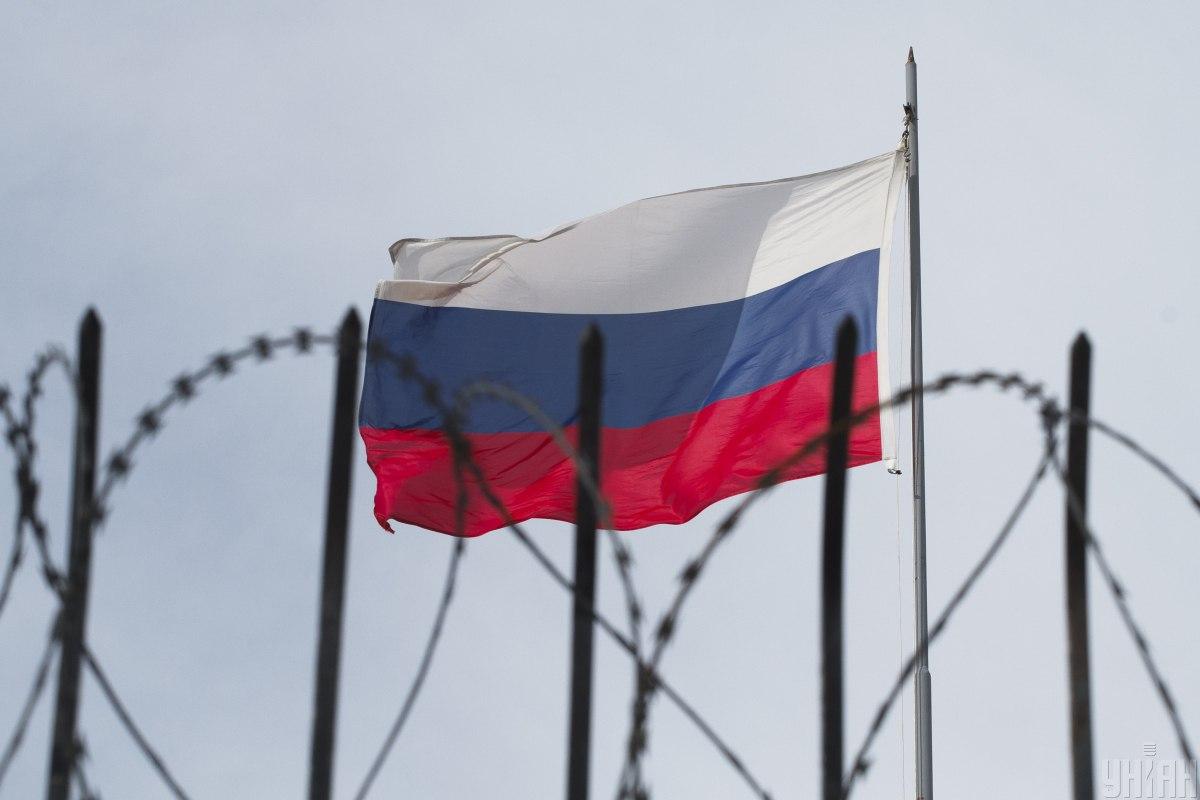60 cases of pressure on journalists: analysis of the situation in Armenia in 2023
Violations of journalists’ rights
In 2023, pressure on media increased in Armenia. Sixty such cases were recorded, which is 5 more than in 2022. This was reported by Ashot Melikyan, Head of the Committee for the Protection of Freedom of Speech.
He presented to his colleagues a report on the state of freedom of speech in the country, and violations of journalists’ rights and media resources in 2023.
- Sixth arrest in the Abzas Media case in Azerbaijan
- The broadcasting of “Sputnik Armenia” radio programs has been temporarily stopped. What’s the matter?
- Insults against Pashinyan on “Channel One”. Will Russian channels be taken off the air?
“A tough year for the media”
Melikyan characterized the past year as a difficult one for media and journalists, as many important events took place in and around the country, and recalled last year’s mass protests and aggravated socio-political situation, the fierce struggle during the pre-election campaign for the Yerevan Council of Elders, which resulted in the election of a new Mayor of the capital.
Among the “alarming events” of 2023, about which Armenian society was expecting information on a daily basis, he named the blockade of Nagorno Karabakh, which lasted for almost 10 months. The media worked hard during the days of September hostilities, which Azerbaijan conducted in NK, and during the days when the entire Armenian population moved to Armenia.
Fewer incidents of physical violence
According to the annual report published by the Committee for the Protection of Freedom of Expression, last year there were cases of pressure on journalists, including manifestations of hatred and threats against media representatives.
However, according to Melikyan, there were “noticeably fewer cases of physical violence” against journalists in Armenia in 2023:
“6 cases were recorded, while in 2022 there were 14 cases.”
Accreditation – “a favor to media resources and journalists”
Melikyan is concerned about the fact that lately state bodies consider granting accreditation to journalists as a “work permit or a favor”. But the media expert considers even more negative the deprivation of accreditation of journalist of the opposition newspaper “Zhoghovurd” Knar Manukyan in the parliament:
“I can hardly remember if there has been any case of depriving a journalist of accreditation in the last 30 years. But this is the second case under the current government, and it is completely unjustified.”
State bodies do not provide journalists with full information
The report of the Committee for the Protection of Freedom of Expression also refers to cases of restriction of freedom of information. State bodies unreasonably rejected requests from media representatives or gave insufficiently complete answers.
“In 2023, 135 cases of violation of the right to receive and disseminate information were recorded, in 2022 – 115. In all 135 cases, open information was required. State bodies did not provide it, or provided incomplete information, vague answers,” Melikyan stated.
He said that in all cases studied by the committee no information containing state or military secrets was requested:
“We analyze these data very carefully. If a media outlet or a journalist applied to a state body with a request for information containing state or military secrets and received a refusal, we do not consider it a violation. Since secrets are not subject to disclosure.”
The expert advises journalists in such cases to apply to the administrative court. He believes that this is necessary not only to obtain the necessary information from a public body, but also to bring it to justice.
Legal actions are monitored
The Committee monitors lawsuits against journalists and media resources. Melikyan says it is examining how well-founded the claim is, whether the court’s decision is fair and legal. A separate report will be published summarizing this data.
But already in 2023, more lawsuits were filed with the courts. There were 32 in 2022 and 36 in 2023. Journalists are accused most of all of disseminating offensive information or slander.
Melikyan emphasizes that most of the plaintiffs refused to publish a refutation or the possibility of a response before filing an application with the court.
However, the media expert considers out-of-court solutions more effective and prompt. In particular, he mentions the possibility applying to the Council on Information Disputes or the Supervisory Council on Ethics.
Follow us – Twitter | Facebook | Instagram
Violations of journalists’ rights






















